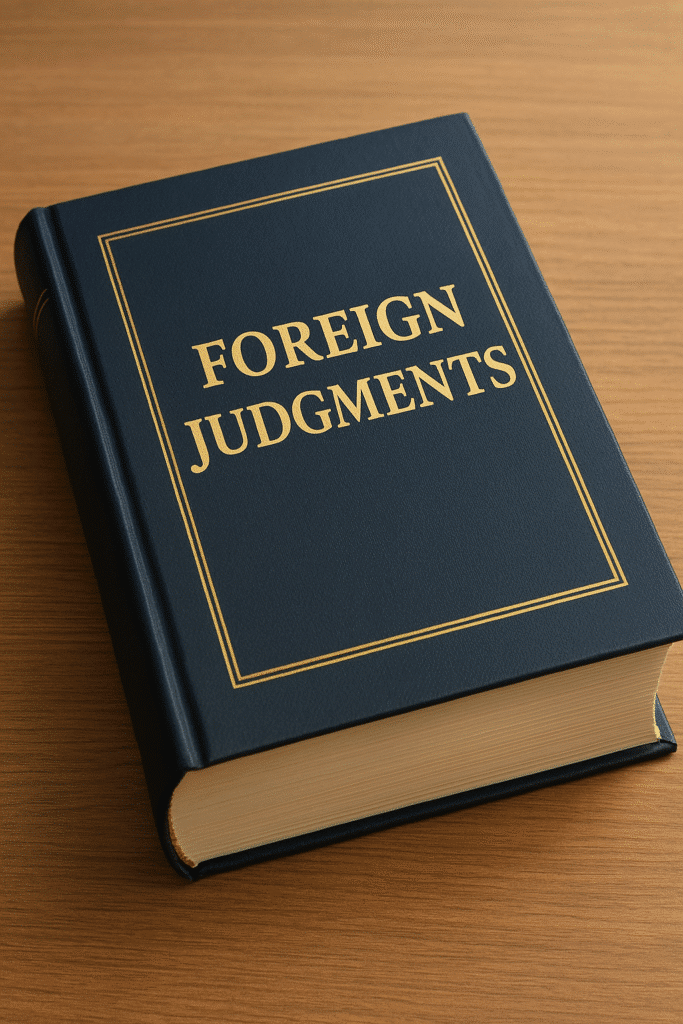Consent and Personal Jurisdiction: The Mallory Oral Argument
On Tuesday November 8, 2022, the U.S. Supreme Court heard oral argument in Mallory v. Norfolk Southern Railway, a case that Reuters called “a sleeper case . . . [that] could be a nightmare for corporations.” The case involves a railway worker, Robert Mallory, a resident of Virginia, who had worked for Norfolk Southern for…
Continue ReadingOral Argument on Personal Jurisdiction Today
The Supreme Court will hear oral argument today in Mallory v. Norfolk Southern Railway, a personal jurisdiction case in which the defendant “consented” to general jurisdiction in Pennsylvania based on a corporate registration statute. Although Mallory itself involves no transnational facts, the case could have important implications for foreign defendants. Pennsylvania’s registration and long-arm statutes,…
Continue ReadingTransnational Litigation Anticipation: Previewing the Court’s Next Term
TLB recently recapped the Supreme Court’s transnational litigation cases from last Term. This post looks ahead to the upcoming Term, for which the Court has already granted certiorari in a personal jurisdiction case that may have implications for transnational litigation. TLB is also tracking several interesting petitions for certiorari in disputes involving the Foreign Sovereign…
Continue ReadingMore Evidence that Helms-Burton is Backfiring
In 1996, Congress passed the Helms-Burton Act to strengthen sanctions against Cuba and to deter foreign companies from investing there. To discourage foreign investment, Title III created a civil remedy allowing U.S. nationals to sue any person who “traffics” in property confiscated by the Cuban government for damages in an amount three times the value…
Continue ReadingFifth Circuit Issues En Banc Opinion on Personal Jurisdiction over Foreign Defendants
The Fifth Circuit has issued an important en banc opinion on foreign defendants, personal jurisdiction, and the Fifth Amendment Due Process Clause. The court held in Douglass v. Nippon Yusen Kabushiki Kaisha that the Fifth Amendment Due Process Clause mirrors the Fourteenth Amendment Due Process Clause, except that the relevant sovereign is the United States…
Continue ReadingWhen Terrorists Default, Should Courts Consider Personal Jurisdiction?
A case from last week, Kaplan v. Hezbollah, illustrates the intricacies of consent-based personal jurisdiction in the context of default judgments and raises questions about the due process rights of terrorist organizations (and other unpopular defendants). U.S. citizens injured by Hezbollah missile attacks in Israel sued under the Antiterrorism Act (ATA). Hezbollah did not enter…
Continue ReadingSubstituted Service and the Hague Service Convention
Can state law be used to avoid a federal treaty, even though the Supremacy Clause of the U.S. Constitution makes treaties supreme over state law? The somewhat surprising answer is yes—at least when it comes to the Hague Service Convention and state rules on substituted service. The Hague Service Convention governs transnational service of process…
Continue ReadingS.D.N.Y. Holds Consent-Based Personal Jurisdiction over the PLO Unconstitutional
The Southern District of New York recently held in Fuld v. Palestine Liberation Organization that a federal statute subjecting the Palestine Liberation Organization (“PLO”) to personal jurisdiction violates the Due Process Clause of the Fifth Amendment. The case adds to a growing list of important due process questions in transnational litigation.
Continue ReadingA Primer on Foreign Judgments
[Updated August 22, 2025] In the United States, the recognition and enforcement of foreign-country judgments is generally governed by state law. Nevertheless, the law on foreign judgments is fairly uniform throughout the United States because most states have adopted one of two Uniform Acts. These Acts establish a presumption that final, conclusive, and enforceable foreign…
Continue Reading- « Previous
- 1
- 2
- 3





